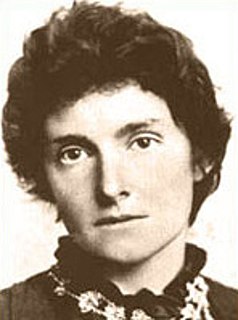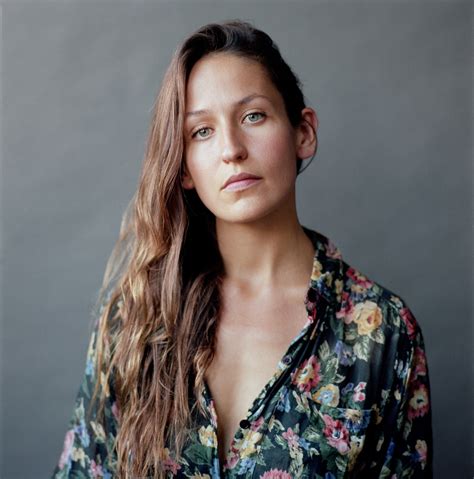A Quote by Ernest Hemingway
In going where you have to go, and doing what you have to do, and seeing what you have to see, you'll dull and blunt the instrument you write with. But I would rather have it bent and dull and know I had to put it to the grindstone again and hammer it into shape and put a whetstone to it, and know that I had something to write about, than to have it bright and shining and nothing to say, or smooth and well-oiled in the closet, but unused.
Related Quotes
I found that many gifted people are so afraid of writing a poor story that they cannot summon the nerve to write a single sentence for months. The thing to say to such people is: "See how *bad* a story you can write. See how dull you can be. Go ahead. That would be fun and interesting. I will give you ten dollars if you can write something thoroughly dull from beginning to end!" And of course, no one can.
Every once in awhile, Allison Abbate would drop a note and say, "It's going really well!," and I was like, "Great!" So, I had not seen it in about two years. They went off and started shooting, and I saw it all put together with almost the final sound mix and it was remarkable. I was so, so happy and relieved, not in the sense that I thought something had gone wrong, but you just don't know what something is going to be like until you see it put together. Everyone stepped up and brought their A+ game.
I've never written anything that I haven't wanted to write again. I want to, and still am, writing 'A Few Good Men' again. I didn't know what I was doing then, and I'm still trying to get it right. I would write 'The Social Network' again if they would let me, I'd write 'Moneyball' again. I would write 'The West Wing' again.
When I got to 'Looking,' I didn't know that you could write stuff and they would put it on TV. That was that experience. My boss was Andrew Haigh and he came from film; he had never done TV. It was his first TV show, and he was running it. And I think he was like, 'Write it, and we'll put it on.' It was lovely.
Memory implies that there is some static time and place you can go back to, whereas if you relive it by trying to put yourself back in that context, its more nuanced, less black and white. More traumatic, but also more exciting. When I knew I had to write about things that would be painful, I put off doing it for ages. But then eventually the fear of not doing it becomes greater than the fear of doing it.
Writing is something that you don't know how to do. You sit down and it's something that happens, or it may not happen. So, how can you teach anybody how to write? It's beyond me, because you yourself don't even know if you're going to be able to. I'm always worried, well, you know, every time I go upstairs with my wine bottle. Sometimes I'll sit at that typewriter for fifteen minutes, you know. I don't go up there to write. The typewriter's up there. If it doesn't start moving, I say, well this could be the night that I hit the dust.
It used to be with chocolate. I would put chocolate in my studio and say, "You know, Nat, there's this chocolate you can have if you get over there." And usually if I got over there, I would start writing. Sometimes I need get out of the house and go to a café and write. Sometimes I'll write with other friends to get myself going. And sometimes I just say "Ok, Nat, enough. Go one hour. Keep your hand going." I'll do whatever it takes.
I didn't know enough as a writer to understand why I needed to do this, but I understood in a very gut way that I could not entertain those thoughts of pleasing people and write this book - that it would be a very different book. Without really sort of investigating that instinct, which I'm glad for, I just made a conscious decision to put blinders on and not think about anything and put it all in. And I did. I put everything in. I had to look at the whole picture to see what I needed.





































